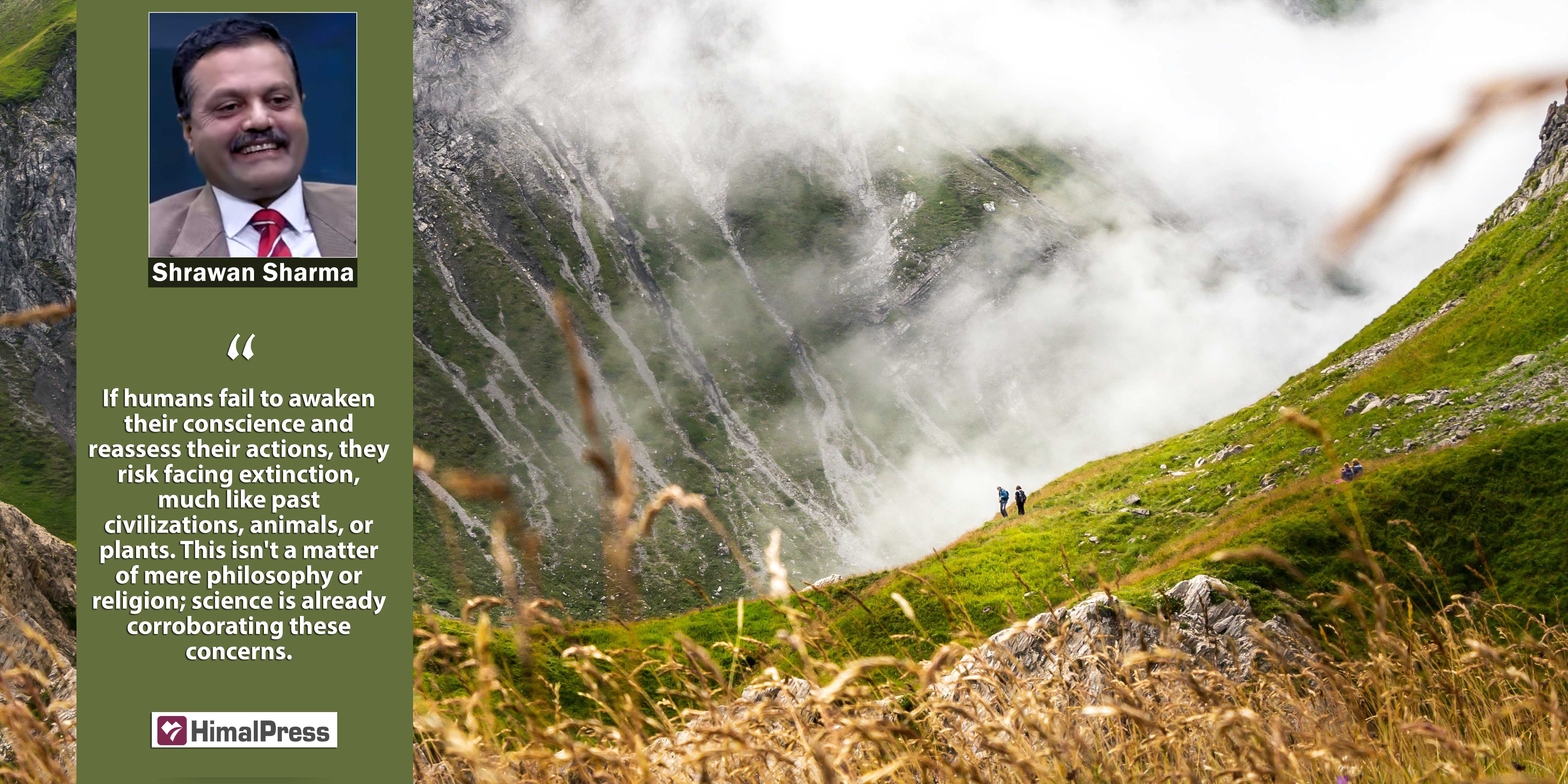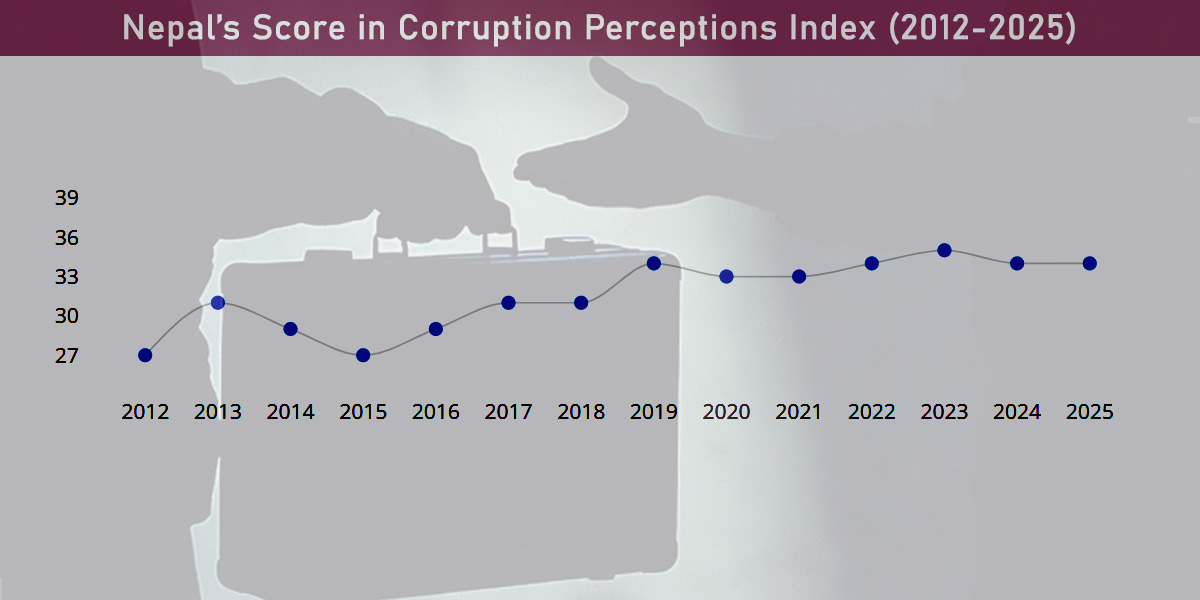
Did humans evolve to their present state by interacting, co-existing, and cooperating with other animals and plants for millions of years, or are they objects designed and produced by the discussions held in Karl Marx’s schools of communism and capitalism? Humans are simply natural elements, akin to other creatures of nature. The difference lies in their accelerated mental development compared to other animals, attributed to a conducive environment and nutritious food during their evolution. Perhaps, in another million years, the animals we currently observe could attain our position, or our descendants might reach the present position of animals.
After learning to build shelters to live and boats to cross rivers, people began to revel in their lives and prepare for the future. However, during the 20th and 21st centuries, nature or the Earth, utilized for thousands of years, experienced significant abuse. The visible results include the vanishing forests, once-lush landscapes reduced to barrenness, prompting the migration of people from those desolate areas. Certain species of animals, plants, birds, fish, and aquatic creatures observed by our forefathers have gradually disappeared. We, as humans, started to believe that these beings were vacating the land, water, and sky for our benefit, and that the earth is becoming spacious for us. These phenomena have exerted a profound impact on both the internal and external facets of human existence. The availability of food is dwindling, and access to water has become increasingly scarce. The disruption of biological interrelationships has further compounded the situation. Humans are losing the elements that have traditionally nurtured their physical and psychological well-being from the environment. It’s only when the health of their own bodies, their family members, and especially their children began to deteriorate that people began to recognize the pressing environmental challenges. The consequences of the destructive changes in nature will ultimately be borne by humanity itself. A pervasive fear of mortality grips us every second. We find ourselves continuously monitoring our breath, often fearing each passing moment. Even the slightest discomfort, such as pain in the ribcage, prompts us to touch the area around the heart, fearing a potential heart attack. Any change in urinary patterns or prolonged periods without urination evoke concerns of kidney damage. Experiencing a cough or wheeze while climbing stairs leads us to suspect conditions like asthma or lung cancer. Nausea, yellowing of urine, and worries about liver health add to the list of anxieties that preoccupy our thoughts.
All these internal organs are not products of human creation; rather, they are natural elements. Nature has embedded these internal organs within the human body, complete with their operational procedures and functions. However, an imbalance in their activity can lead to adverse effects. Furthermore, these internal organs can be adversely affected by unnatural elements introduced into the external environment, such as the use of various chemicals in agriculture and dairy production. People are increasingly resorting to sleeping pills and dopamine supplements for dealing with issues like depression and anxiety, rather than nurturing a balanced relationship with nature. An extensive study involving 15,000 individuals highlighted the effectiveness of activities like forest walks and natural meditation techniques in alleviating anxiety and depression. Unfortunately, open spaces and forests in Nepal are vanishing. The purportedly democratic government appears to be actively involved in the destruction of what little remains. Despite all these, humans have not relinquished their pretenses. The adoption of artificial lifestyles, consumption of unnatural foods, strained social interactions, fractured families, demanding work environments, the relentless pursuit of personal gratification, and the unwelcome intrusion of criminal elements into one’s psyche collectively erode an individual’s well-being, even if their physical appearance appears healthy. People are seen running to markets, offices, temples, mosques, churches, or Gurdwaras because they are still not dead. We all belong to this category.
The adoption of artificial lifestyles, consumption of unnatural foods, strained social interactions, fractured families, demanding work environments, the relentless pursuit of personal gratification, and the unwelcome intrusion of criminal elements into one’s psyche collectively erode an individual’s well-being, even if their physical appearance appears healthy.
The question of who played a pivotal role in the development of human civilization—social organizations, communities, or individuals—continues to occupy people’s thoughts. US historian T Walter Wallbank has said that the main question at the moment is whether society or individuals was more important in evolution. Who is to be blamed for the issues plaguing nature, the environment, and the inherent health of the Earth? People, today, are talking about political rights of society, specific cultural groups, or small collective units. Simultaneously, there is a push for advancing the objective conditions of society and politics. While I don’t intend to criticize these concepts, I do wish to express my desire for a comprehensive understanding of them. Society isn’t a tangible entity; it doesn’t consume, cut trees, pollute water, dump sewage into rivers, litter roads, or employ harmful chemicals. All these actions are undertaken by humans. It is individuals or groups of people who are engaged in these detrimental activities. Wetlands and traditional water sources are destroyed, river and stream courses altered, forested mountains demolished, all in the pursuit of creating residential plots. These actions epitomize the definition of development as conceived by our political administration. Society itself is not directly involved in these actions; it’s humans who must shoulder the blame. Pointing fingers at society is nothing but a tactic to absolve wrongdoers. Therefore, it is the individuals responsible for these actions, or the groups perpetrating them, who should be held accountable for their wrongful deeds.
Paving roads within conservation areas, engaging in a race to establish hotels and lodges in these zones, and securing government approval for such actions are all acts that qualify as crimes committed by individuals. Such activities infringe upon the natural laws of our environment. When the regular processes of nature are disrupted, nature responds unpredictably. Global temperature increases, shifts in climate patterns, and decreased food production are outcomes of mankind’s misuse of nature. As various plant and animal species that once thrived in these regions go extinct, the human community that has coexisted with them for centuries also faces difficulties. Deforestation has led to a decline in oxygen production. Fewer forests mean less capacity to store carbon, leading to an increase in atmospheric carbon dioxide levels. Other heat-emitting gases have also become more concentrated, contributing to global warming. Consequently, both plant and animal species on our planet are exposed to the adverse effects of climate change and global warming.
In response to the pressing need to cease the destructive assault on nature and its fundamental principles, discussions surrounding ecocide legislation have arisen. The growing consensus in its initial stages is that the United Nations should prepare this law. The concept of ecocide legislation functions much like international human rights law that protects against human rights violations. There are also suggestions to place this legislation under the jurisdiction of the International Criminal Court.
We Nepalis hold animistic beliefs. Our deeply-rooted cultural values, established through millennia of effort, are facing erosion due to political and economic influences. These traditional values are being overshadowed by ideologies like socialism, capitalism, consumerism, and ignorance. There exists a misconception that the exploitation and degradation of nature equate to development for the betterment of human livelihoods.
Some young individuals who opposed my article on the potential environmental deterioration in the Kali Gandaki basin due to proposed diversion projects retorted with statements like, “Those opposing water-based development are against progress, they are acting as agents of foreign interests, and development must not be hindered even if it results in the loss of aquatic life.” Such remarks reflect a lack of comprehensive understanding. They represent momentary reactions shaped by the divisive narratives of contemporary politics.
Experts have projected that Nepal will be particularly vulnerable to the calamities brought about by climate change. However, the current political landscape doesn’t accord the necessary importance to environmental concerns.
But what truly constitutes development? Who holds the rightful perspective on development? A significant portion of the population fails to realize that humans have emerged and evolved through intricate natural processes spanning countless millions of years. The sun, water, earth, air, plants, insects, and even ants – they all form integral components of the natural world. Each contributes to the existence of another life form. The specific region of the earth, along with its surrounding environment, vegetation, and geographical features, serves as the fundamental backdrop for any human culture. To cultivate a distinct society, a unique culture must be nurtured. The surrounding environment, environmental elements, language, culture, and way of life collectively define a particular geography’s uniqueness. Irrespective of differing opinions, the undeniable truth remains that the notion of achieving prosperity by further exploiting nature equates to draining life from one’s own body. Governments and capitalists are actively contributing to a profound alteration of the ecological balance. The consequences of excessive and short-sighted utilization of natural resources could potentially result in the loss of millions of lives in the future. Experts have projected that Nepal will be particularly vulnerable to the calamities brought about by climate change. However, the current political landscape doesn’t accord the necessary importance to environmental concerns.
Human beings have historically harnessed their inherent wisdom for their advantage. Natural resources such as forests, rivers, minerals and soil have been utilized to such an extent that they have led to significant imbalances, not only affecting nature but also causing harm to animals and plants. Presently, humanity stands at a juncture where it must awaken the intrinsic conscience within them. Unfortunately, this conscience often remains dormant due to selfish interests. If people fail to awaken their conscience and reassess their actions, they risk facing extinction, much like past civilizations, animals, or plants. This isn’t a matter of mere philosophy or religion; science is already corroborating these concerns. Consequently, discussions regarding the emerging political ideology of granting rights to nature are gaining traction globally. The concept of nature’s rights asserts that the natural habitats of all living and non-living entities within nature should be safeguarded. Nepal has extended legal protection to animals like rhinoceroses and tigers, preserving their right to exist. However, environmental lawyer Ram Kumar Acharya poses a crucial question: How can these creatures survive without the preservation of their habitats? Acharya underscores that, to effectively uphold the rights granted to these creatures, their habitats must remain undisturbed by human interference. Similar rights should be granted to Mother Earth as well. After all, if the Earth is not secure, how can humanity ensure its own safety?


![Maha Shivaratri being celebrated across the country [With Pictures]](https://en.himalpress.com/wp-content/uploads/2026/02/HRB_KTMImage2026-02-15at7.37.40AM1.jpg)










